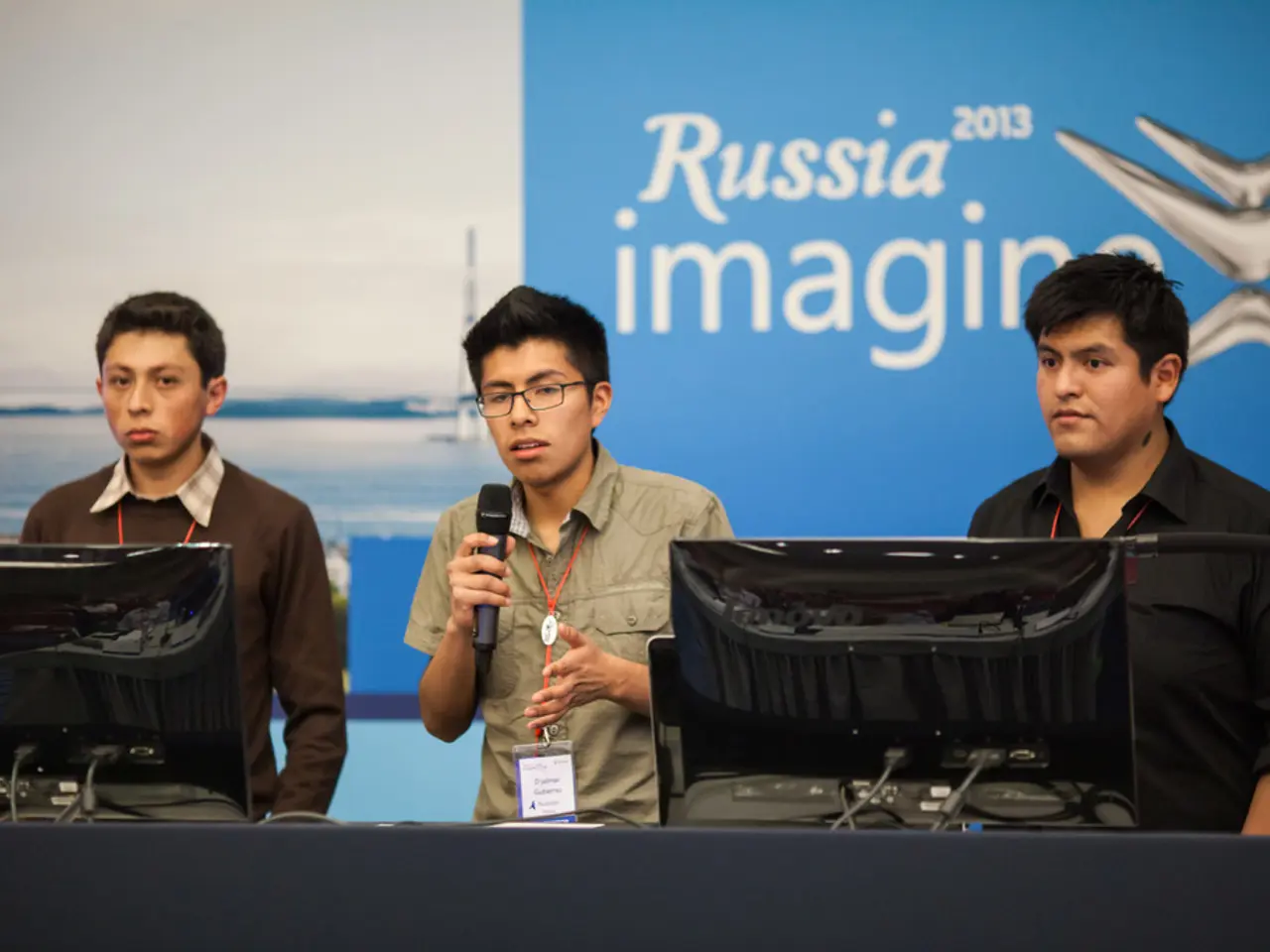Perspective of Eastern Europe
In the aftermath of the Cold War, the world witnessed a seismic shift in geopolitics. However, a Russian dissident named Vladimir Bukovsky cautioned that the West may have misjudged its enemy, communism, in a way that has had far-reaching consequences.
Bukovsky, in a sense, likened the West to a beggar who found a shoe - a false sense of victory - during the fall of the Soviet Union. He argued that America never truly understood its Cold War adversary, a perspective that seems increasingly relevant today.
The end of the Cold War was, in Bukovsky's words, a kind of civilizational lobotomy. Conservatives claimed a victory they had no business claiming as communists took over the very schools and universities that were educating everybody's children. This infiltration was not limited to the United States; communists were not purged from the newly minted "democracies" of Eastern Europe, allowing them to use their political, financial, and administrative advantages to play the free market game.
These communists, who operated a system of administrative tyranny for decades, were mainstreamed into "democrats" and fast friends of Western "liberals." In America, they openly march through the streets, pulling down statues and denouncing ordered liberty as "systemic racism."
Their victories are evident in various countries, such as Angola, Zaire (now Congo), Nepal, Nicaragua, Venezuela, and South Africa, which is under absolute Marxist control and militarily aligned with Russia and China.
The intellectual hero of the time, Francis Fukuyama, was a serial self-deceiver, typical of Sovietologists, according to the author. There has been no true accounting of the West's losses, especially in terms of economic forfeitures and long-term strategic disorientation.
Despite the "disappearance" of overt totalitarian regimes in Eastern Europe, covert totalitarian institutions continue to operate, with significant hold on media, culture, and government. This is evident in the ongoing assault on America's national symbols, including the toppling of statues, burning of flags, and defunding of police departments.
Even in Romania, a country that held significant historical and strategic importance in the transition from communism to post-communist societies, the younger generation does not necessarily see the U.S. as the bastion of freedom due to lack of experience with communism.
On the Fourth of July, a Romanian friend, Dr. Anca Maria Cernea, expressed concerns about these developments. She noted that Romanian media, like American media, is not trustworthy. However, she added that the public reaction on the Romanian internet is generally rational and does not buy leftist propaganda.
In essence, the author's essay serves as a "bucket of ice water," intended to wake the reader up to the current state of affairs. The consistency of communism is not found in its opposition to the market, or even in opposition to democracy, but in its criminal propensities. It is a political religion that is adaptive in its pathological desire to destroy. As we navigate the complexities of the modern world, it is crucial to remember this lesson from history.
References: 1. Gheciu, L. (2005). Romania and the European Union: The Europeanization of a Postcommunist State. Oxford University Press. 2. Kostecki, A. (2000). The Encyclopaedia of Romania. Routledge. 3. Dumitru, C. (2010). Romania and the European Union: The Road to Accession. Routledge. 4. Magocsi, P. (2002). A History of Romania. University of Washington Press.
- The end of the Cold War, as Vladimir Bukovsky observed, was akin to a civilizational lobotomy, with conservatives celebrating a victory they had no right to claim.
- In the aftermath of the Cold War, communists were not purged from Eastern European "democracies," allowing them to exploit their political, financial, and administrative advantages.
- Bukovsky warned that the West may have misjudged the nature of communism during the Cold War, a perspective that seems increasingly relevant today.
- America's Cold War adversary, communism, was not truly understood by the West, a mistake that has had far-reaching consequences in history, politics, and policy-and-legislation.
- Despite the fall of overt totalitarian regimes in Eastern Europe, covert totalitarian institutions continue to operate, exerting significant influence on media, culture, and government.
- Francis Fukuyama, the intellectual hero of the time, was, according to the author, a serial self-deceiver, typical of Sovietologists, suggesting a lacking in true accounting of the West's losses during the Cold War.
- The author's essay serves as a "bucket of ice water" to wake the reader up to the current state of affairs, reminding us that communism is a political religion that is adaptive in its pathological desire to destroy.
- Today, the consistency of communism is not found in its opposition to the market or even democracy, but in its criminal propensities, a lesson from history we must remember as we navigate the complexities of the modern world.







